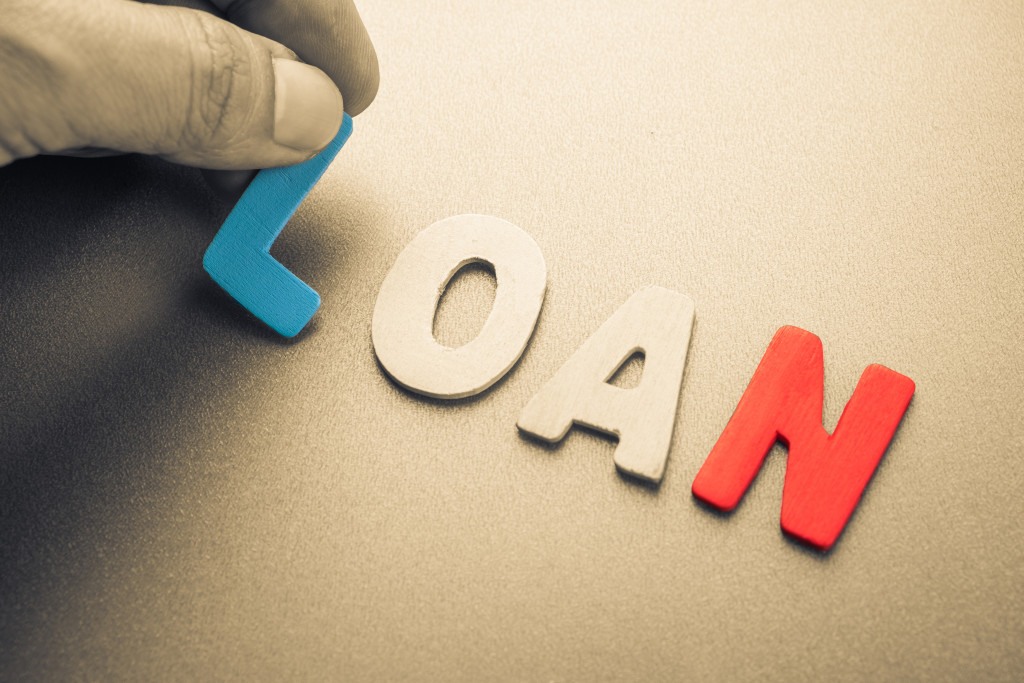Loans are an important part of our economy. They help people to finance large purchases, such as a car or a house. They also help businesses to grow and expand. There are many different kinds of loans, and each one is designed to meet the needs of a particular group of people.
When you take out a loan, the lender wants to be sure that they’ll get their money back plus interest. This is why they perform a credit check to see how likely you are to repay the loan. They may also require you to put up collateral in case you can’t repay the loan. By taking these steps, the lender can be sure that they’ll get their money back if you take out a loan.
In this article, we’ll take a closer look at how lenders ensure you’ll pay back a loan. We’ll also discuss the different types of loans available to borrowers.

Credit check
A credit check is a process where the lender reviews your credit history. They will look at factors such as your credit score, your repayment history, and your outstanding debts. Based on this information, the lender will decide if you’re a good candidate for a loan. If you have a strong credit history, you’re more likely to be approved for a loan.
Collateral
Collateral is something of value that you put up as security for a loan. If you can’t repay the loan, the lender can take the collateral and sell it to recover their money. Collateral can be a variety of things, such as a car, a house, or jewelry. It’s important to note that the lender has the right to seize the collateral if you can’t repay the loan.
Repayment plan
A repayment plan is an agreement between the borrower and the lender that specifies how the loan will be repaid. The repayment plan will include the amount of each payment, the frequency of the payments, and the duration of the loan. It’s important to make all of your payments on time so that you don’t end up defaulting on the loan.
Defaulting on a loan means that you have failed to make a payment as agreed upon in the repayment plan. If this happens, the lender can take steps to recover their money. This may include taking legal action or seizing your collateral. Be sure to read the repayment plan carefully so that you know what is expected of you.
Pre-payment penalty
A pre-payment penalty is a fee that the lender charges if you pay off your loan early. This fee is designed to discourage borrowers from repaying their loans early. The pre-payment penalty can be a percentage of the total amount of the loan, or it can be a fixed amount of money. Be sure to ask the lender about the pre-payment penalty before you take out a loan.
Interest
Interest is the amount of money that the lender charges for lending you money. This fee is calculated as a percentage of the total amount of the loan. It’s important to note that interest is charged on the original amount of the loan, not on the remaining balance. When you make a payment, the amount of interest you pay will decrease, but the amount of your loan will not.
Other ways
What’s great about loans is that they can be accessible to people of different situations — even those with poor credit. In this case, lenders can ensure payments through different means as well.
For example, when you take out a car loan, the lender may require you to install a GPS tracker with a kill switch. This allows them to track your car and disable it if you stop making payments on the loan. This is an important security measure for the lender, and it helps to ensure that they’ll get their money back.
Types of loans
There are many different types of loans available to borrowers. The most common type of loan is a personal loan. Personal loans can be used for a variety of purposes, such as consolidating debt, financing a major purchase, or paying for a vacation.
Another common type of loan is a mortgage. A mortgage is a loan that’s used to purchase a house or other property. The loan is secured by the property that’s being purchased, and it must be repaid over a period of time.
There are also loans available for businesses. These loans can be used to finance a new business, purchase equipment, or hire new employees. Be sure to speak with a lender about the different types of loans that are available to you.
When you take out a loan, the lender wants to be sure that they’ll get their money back plus interest. This is why they perform a credit check to see how likely you are to repay the loan. They may also require you to put up collateral in case you can’t repay the loan. By taking these steps, the lender can be sure that they’ll get their money back if you take out a loan.
